To get a flavour of Joseph Marx’s An Autumn Symphony, picture the confectionery counter in a grand Viennese café. Beneath the glass lies sweetness beyond imagining: towers of sponge cake, billows of whipped cream, and icing that shines red and orange. You wander down the display: there are Sachertortes, petits fours, candied angelica and glacé cherries. It goes on — dark chocolate glints over golden pastry and pink marzipan cushions swell beneath tangles of spun sugar. At which point you realise that what you really want is an espresso and a bread roll.
And it looked like it would be such a treat, too. There’s hot competition for the title Last of the Viennese Romantics but Joseph Marx, who died in 1964, is a definite front-runner; a composer of well-made songs and lavish orchestral music written in a style that is (to borrow a phrase from Michael Haas, author of Forbidden Music) not so much post-Romantic as hyper-Romantic. An Autumn Symphony provoked a modest riot when it was premièred in Vienna in 1922. Practically unheard since then and rumoured to be the last word in jugendstil lusciousness, it had acquired a cult following. This performance by the London Philharmonic under Vladimir Jurowski was its UK première, some 95 years overdue.
For the effort alone, Jurowski and his orchestra deserve only praise. Every part of the woodwind and brass section was expanded; harps, piano and celeste jangled along, and horns and percussion sprawled halfway across the back of the stage. The LPO could have saved itself a lot of trouble (and judging from the gaps in the audience, a sharp financial hit) by just doing Mahler’s First instead. But Jurowski made a leap of faith, and his players did too. The strings slid between notes in fine style. The horns powered out their climaxes as though they were playing Ein Heldenleben, and the woodwinds repeatedly found the G-spot of their silky, writhing solos (the principal bassoon’s part, in particular, sounded bigger than the Mozart and Weber concertos combined). Jurowski swept it all forward with heroic stamina.
But there’s no getting around it — all that gorgeousness is exhausting. Marx begins in a shimmer of golden beauty. The strings pour out a lyrical melody while the harps, woodwinds and celeste glitter behind them like the gold leaf on a Klimt portrait. It’s ecstatic. And then it stays ecstatic, unremittingly, for well over an hour: no melody unadorned by a swirling countersubject, no climax without its glockenspiel vajazzle; not much contrast (the radiance dimmed, mercifully, in the third of the four movements) and a fatal shortage of really arresting ideas. It felt at times like hearing all the most orgasmic moments in Austro-German late Romanticism — the waterfall from Strauss’s Alpine Symphony, the prelude to Schoenberg’s Gurrelieder, the bit in Korngold’s Die tote Stadt where Paul shouts ‘Wunderbar!’ — played one after the other for some 70 minutes (Jurowski had reinstated several cuts). Man cannot live on Sachertorte alone. Strauss, Korngold and Schoenberg are master-confectioners precisely because they grasped that.
If nothing else, though, Marx succeeded in making an evening of baroque-ish showstoppers with Cecilia Bartoli and the cellist Sol Gabetta seem like the height of tasteful understatement — and that includes the third of their four encores, in which Gabetta and a tambourine-waving Bartoli trilled their way through an orchestral version of Rossini’s ‘La Danza’, complete with the honking period oboes of their house band, the modestly named Capella Gabetta. The idea was to recreate the 18th-century concept of a musical duel between two rival divas, but it was far too good-natured for that. Bartoli and Gabetta made eyes at each other, traded tasteful ornaments and wore matching dresses as they threw off a series of arias, variously tearful and flashy, by the likes of Caldara, Albinoni and Hermann Raupach. Bartoli effectively conceded the second half to Gabetta, who brought a focused tone and yards of bubbly passagework to a concerto by Boccherini.
It was a lot of fun, although with no surtitles, and the house lights dimmed throughout, only a very fluent speaker of 18th-century Italian would have had any idea what Bartoli was actually singing. Never mind: just enjoy the pretty sounds. Bartoli projects such charisma, and has so uninhibited a sense of theatre, that the sizeable patches of wear and tear on her voice didn’t register unduly; or at least paled beside her ability to pull out a telling phrase and float it, luminous and still, in her honey-sweet top register. I doubt many singers these past two centuries will have made a more expressive case for, say, Boccherini’s ‘Se d’un amor tiranno’. Her fan base certainly loved it, sighing with recognition when she began Handel’s ‘Lascia la spina’ and yelling ‘Brava!’ after everything, which was fair enough, really.
Got something to add? Join the discussion and comment below.
Get 10 issues for just $10
Subscribe to The Spectator Australia today for the next 10 magazine issues, plus full online access, for just $10.
You might disagree with half of it, but you’ll enjoy reading all of it. Try your first month for free, then just $2 a week for the remainder of your first year.

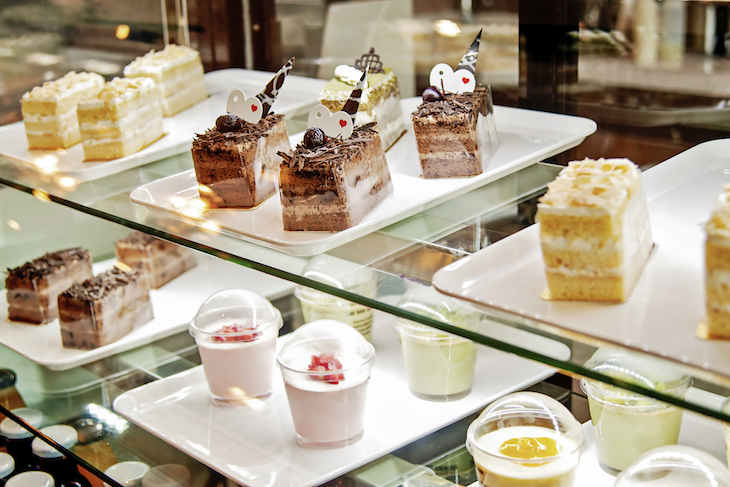
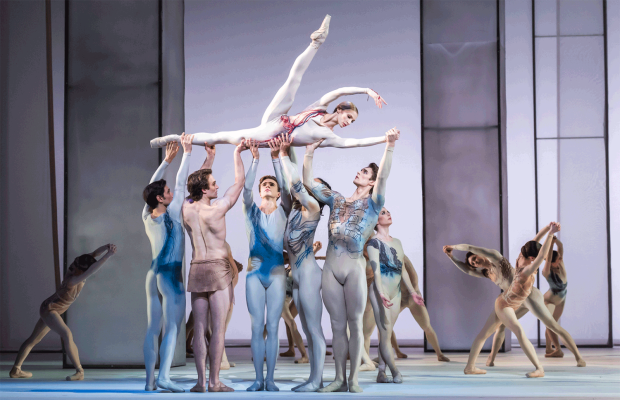
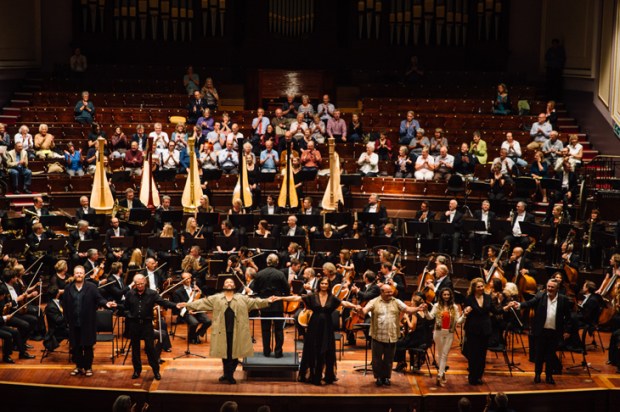
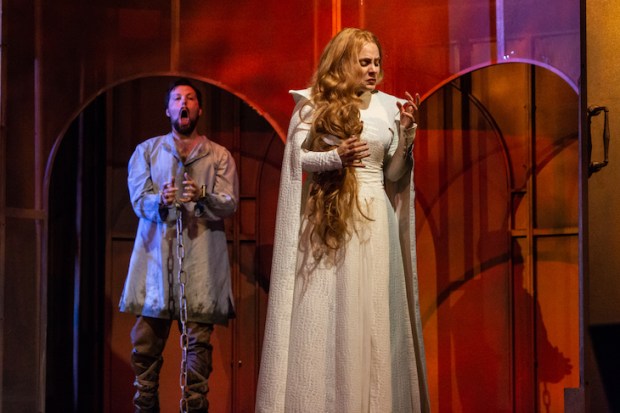
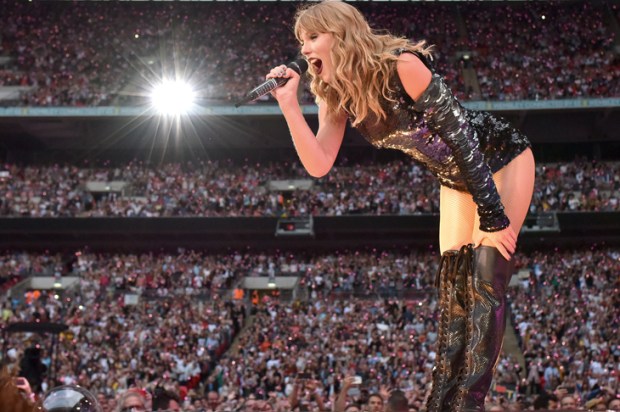
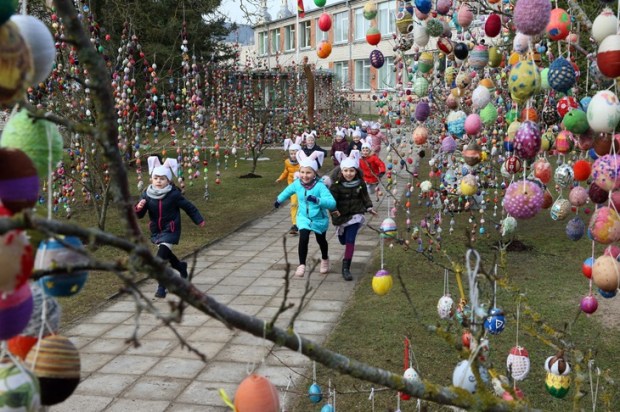
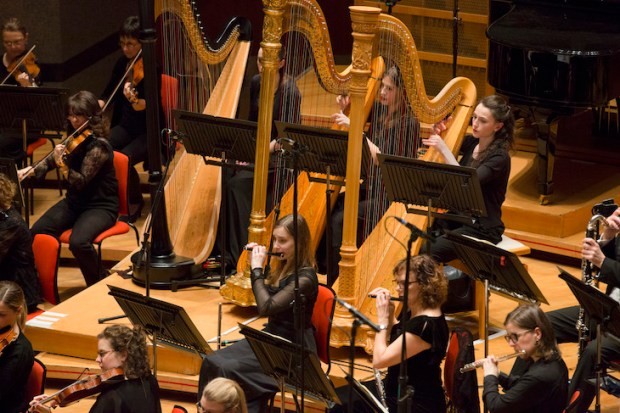






Comments
Don't miss out
Join the conversation with other Spectator Australia readers. Subscribe to leave a comment.
SUBSCRIBEAlready a subscriber? Log in